01
Enhancing cellular therapies through rewiring intracellular signaling pathways
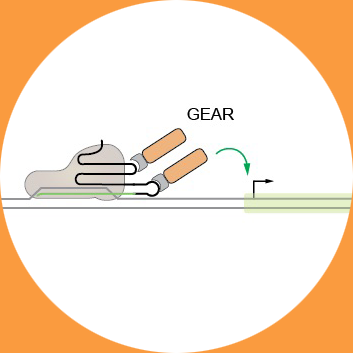
Cells have been engineered for therapies mainly in oncology and for organ regeneration. In addition, there is a great potential in treating metabolic diseases and immuno-deficiencies with cell-based therapies. Researchers in the team of Professor Fussenegger now present a method based on Generalized Engineered Activation Regulators which enables precise control of signaling pathways along which signals are being received and processed within the cell in order to trigger specific gene expression.
The way out: Fighting antibiotic resistance with phage therapy
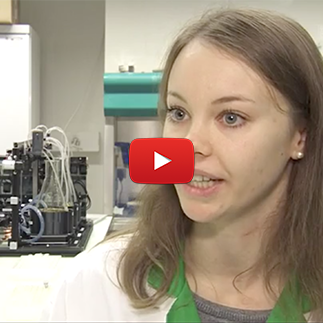
On 27 January, the SRF programme “ECO” discussed the dilemma of treating antibiotic resistance. As part of this programme, D-BSSE students together with colleagues from other ETH disciplines who had formed the 2019 iGEM Team “T007” presented their solution for fighting antibiotic resistance: with a bacteriophage-based therapy (in German).
Updates from the ETH Executive Board
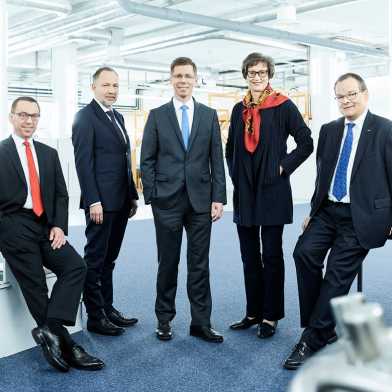
The ongoing development of ETH Zurich's organisational structure as part of the rETHink project is starting to take shape. At its first meeting of 2020, the ETH Executive Board discussed the results of the consultation and approved the changes to the ETH Organisation Ordinance.
D-BSSE Wiki Blog

Are you aware of the D-BSSE Blog on the Wiki? Here you find news not only on upcoming fire extinguisher trainings, the installation of new coffee machines and essential IT security updates. Check it out (access password protected)!
New insights about how G-protein coupled receptors regulate cell adhesion
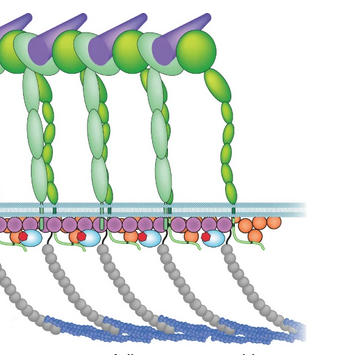
The correct regulation of adhesive interactions between cells and their environment is essential for health. Researchers from the Biophysics Group of Daniel Müller provide mechanistic insights as to how extracellular signals are transmitted into the cell where they lead to the targeted intracellular regulation of its adhesive properties to the extracellular matrix. The processes are important for tissue formation and wound healing while their dysregulation may result in cancer progression.
First D-BSSE meets industry event on 29 January

The D-BSSE community is invited to meet Pall Biotech which develops products and technologies across all biotechnological applications that have played key roles in Ebola vaccines or cancer-curing monoclonal antibodies. Register for this event taking place on 29 January, 6 PM, in the D-BSSE Science Lounge.
New CRISPR-based technology to record cellular processes
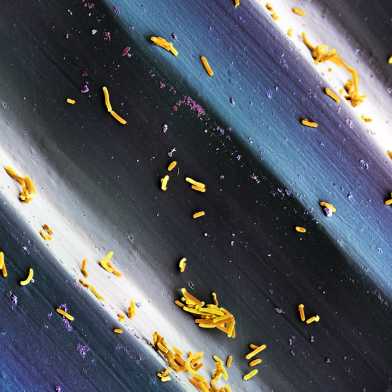
In living cells, the genetic code is constantly being translated into complex proteins. The transcriptional history of cells tells stories about pathogen infections, the exposure to toxins or other forms of stress - information that is valuable to diagnostics. Researchers from the Biological Engineering Lab of Randall Platt now developed a technology called Record-seq, which writes transcriptional events into DNA where they can be permanently stored and later accessed to by sequencing.
Daniel Müller appointed Scientific Member of Max Planck Institute
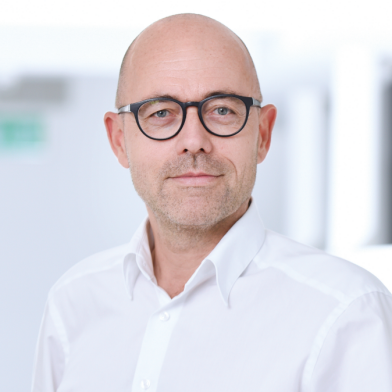
The restructuring of the Max Planck Institute for Medical Research in Heidelberg, Germany, towards a focus on interactions between macromolecules in living cells benefits from the advice of external Scientific Members. The Max Planck Society has now appointed D-BSSE professor Daniel Müller as Scientific Member to help support the reorientation of the institute.
Understanding the mechanosensitive system for neuronal control

How do the different parts of a neuron respond to mechanical stimuli such as those occurring during subtraumatic forces? In an interdisciplinary effort, D-BSSE researchers together with colleagues from the Friedrich Miescher Institute now investigated the mechanosensitivity of neurons from the brain of rats. Their findings may guide future studies to mechanically control neurons by, for example, electromagnetic forces or ultrasound.
ETH Executive Board decides on contribution to D-BSSE move
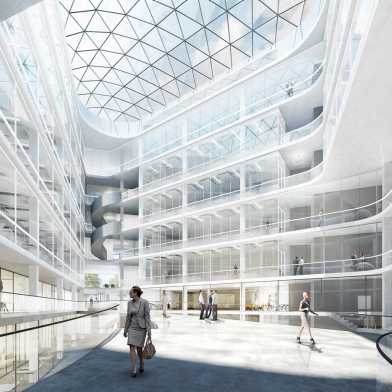
In the last three meetings before the end of 2019, the ETH Executive Board approved CHF 17.4 million to equip the new D-BSSE building in Basel. Adding to the CHF 2.4 million provided by D-BSSE for relocation, the money will partly be used to establish a platform that will enable the production of clinical-grade therapeutics under Good Manufacturing Practice conditions.